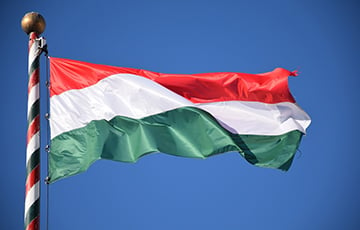Hungary Names Price Tag For Abandoning Russian Oil
9- 20.11.2024, 19:14
- 10,242

Budapest decided to bargain with the EU.
Hungary's refineries could be “ready to work without Russian crude by the end of 2026”, but only on condition of compensation from the EU in the amount of “a couple of hundred million dollars”, as György Bacsa, executive vice president for strategic operations at MOL group, told Politico.
According to him, MOL is ready to diversify its supplies until 2027, when the EU will officially stop buying Russian oil, but this will require additional expenses of $500 million, “a couple of hundred million” of which the EU should allocate. Such an amount, as Basca noted, is necessary for the re-equipment of Hungarian refineries that process Russian grades of oil.
However, he pointed out that due to EU restrictions, MOL's profits are now zero. “We get zero because it's refining, so it's not eligible for any aid from the EU even if it's about decoupling from sourcing, even if it's about supply security," he said. "So we do it at our pace and at what we can afford,” Basca underlined.
Bacsa said he is concerned the EU will either set a concrete end date, or take more punitive measures in the interim. He added the firm would renew the long-term contract with Lukoil (expiring in June 2025) “if it's legally doable”.
Hungary, Slovakia, and the Czech Republic are excluded from the pan-European ban on oil imports from Russia, which was introduced after the start of the Russian war in Ukraine. At the end of June 2024, Kyiv restricted the transit of LUKOIL oil through Ukrainian territory, but Rosneft and Tatneft supplies via the Druzhba pipeline continued. Hungary and Slovakia promised to go to court and asked the European Commission to urge Ukraine to reverse this decision, but were refused.
The European Commission noted that Hungary and Slovakia managed to compensate for the interrupted supplies. They also did not see any possible risks associated with the supply. EU Trade Commissioner Valdis Dombrovskis advised Budapest and Bratislava to refuse oil from Russia and look for alternative sources.











